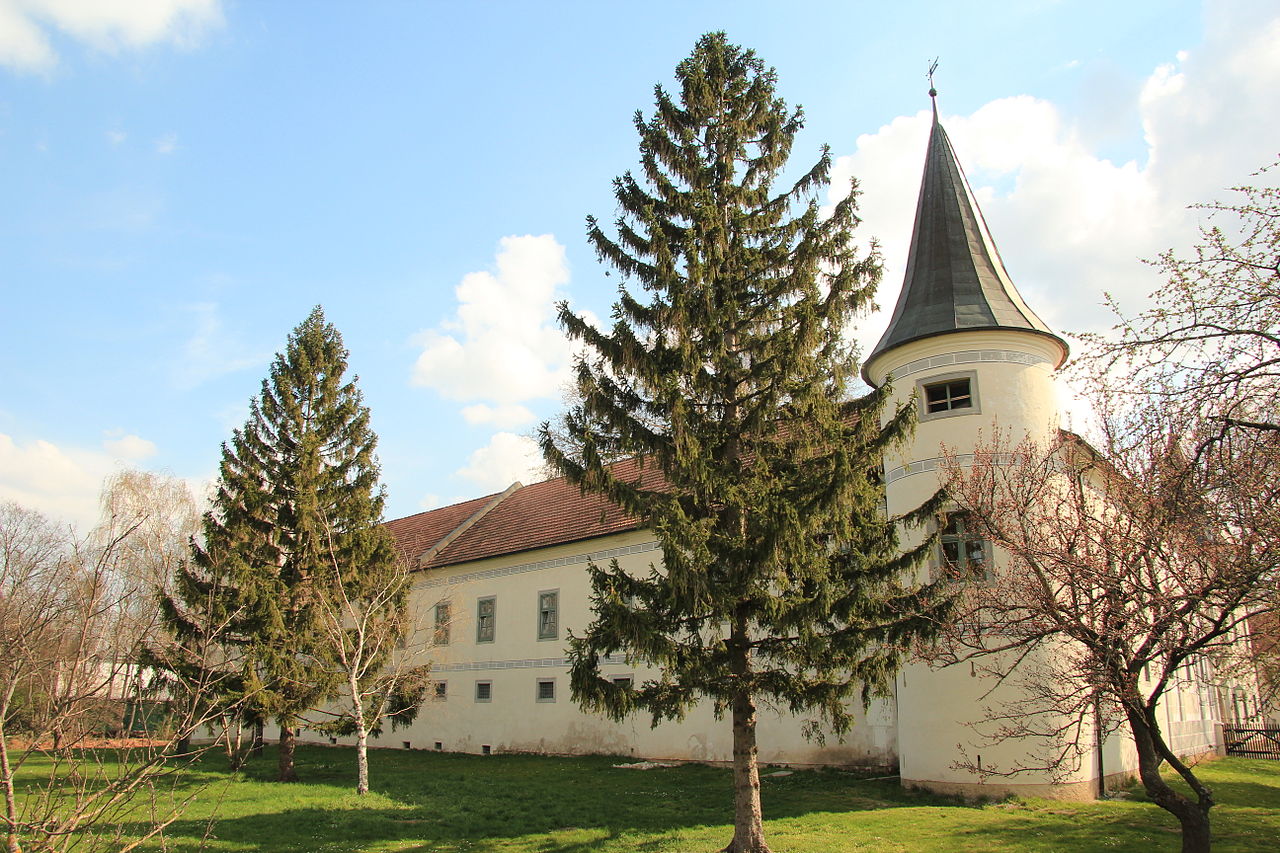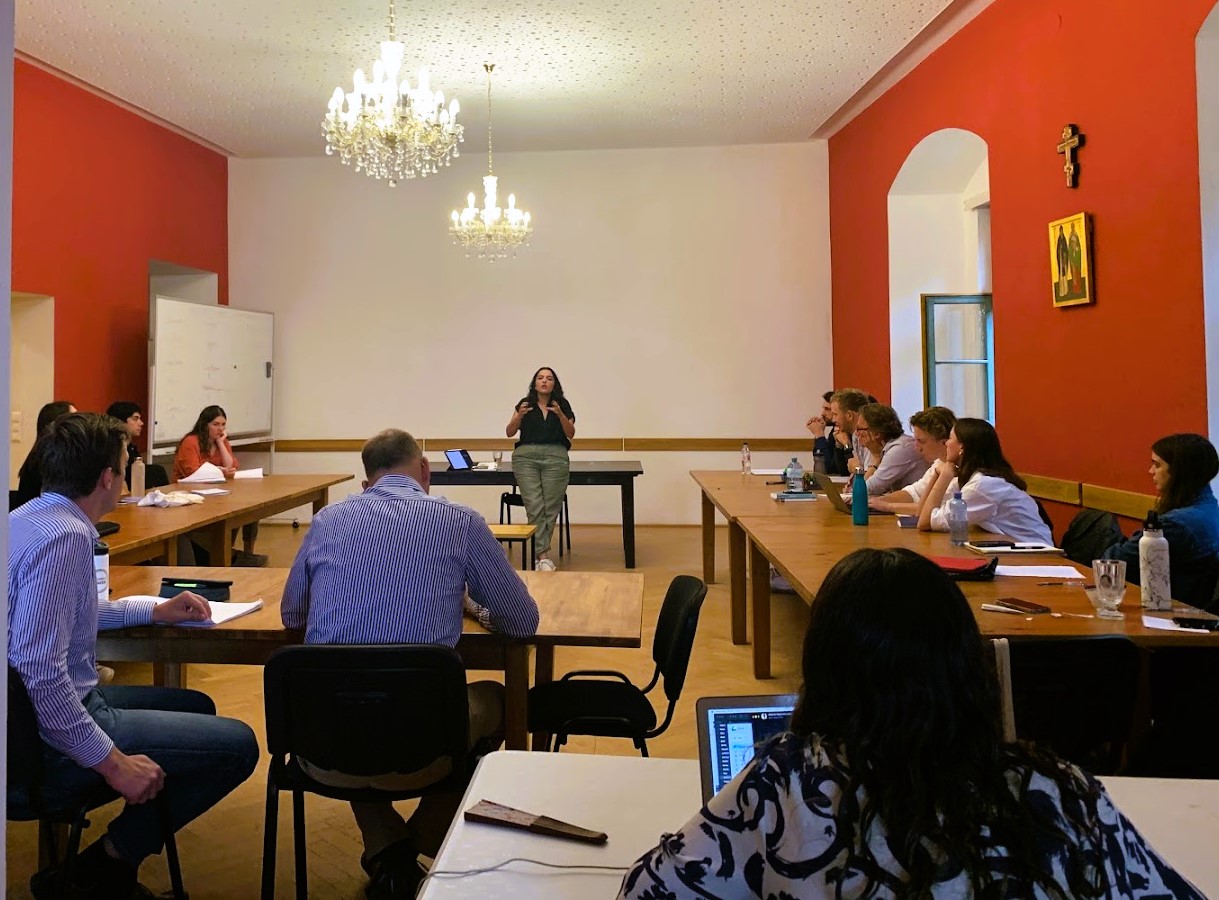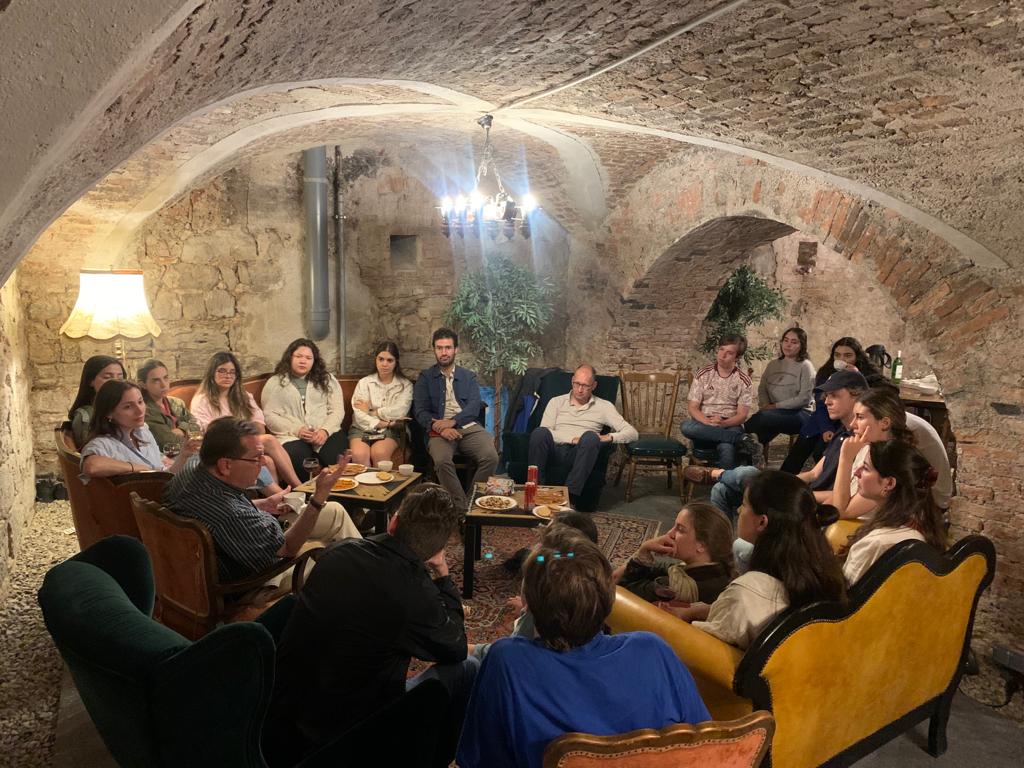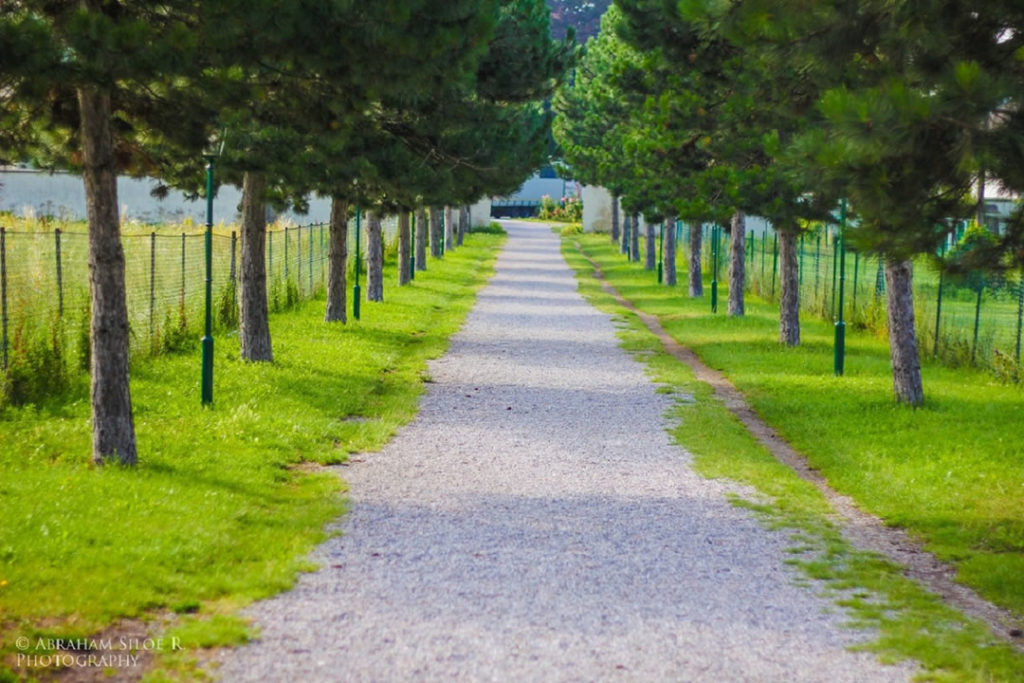The Phoenix Institute 2024 Trumau-Vienna Summer Seminar for the Study of Western Institutions
JULY 5 – JULY 27, 2024
ACADEMIC PROGRAM
The courses that will be offered this summer are:
- Heroism revisited. Images of the heroic in the western literary tradition
Dr. Clinton Brand
. - The medieval image. An introduction to the foundations, ideals and the autumn of the Middle Ages
Dr. Salvador Antuñano
. - Evil, affliction and hope. Hannah Arendt and Simone Weil on the human condition.
Dr. Diego Rosales
**Detailed course descriptions are available below.**
Tuition for the 2024 program will be 2,200 Euros
. **See below for details.**



University of St. Thomas, Houston, United States
Can a meaningful and motivating concept of heroism be reclaimed and articulated for our own times? Are there enduring resources, in the literary imagination and in the persistent human quest for truth, goodness, and beauty, that can ground and direct our own, renewed aspirations to greatness? After all, what makes for human greatness? What is a hero? What are the virtues, values, contexts, and conditions that constitute heroism and heroic achievement? How have images of the heroic changed and developed over history in relation to diverse cultural ideals, various accounts of the human person, and different worldviews?
This course will wrestle with these questions and venture to synthesize insights from history, philosophy, theology, and psychology, while focusing on select literary depictions of heroes and the heroic from classical antiquity to modern times. We will explore literary renditions of the hero performing different roles that configure profiles in greatness – the Hero as Warrior, Wayfarer, Man of Destiny, Thinker, Suffering Servant, Martyr, Saint, Prophet, Poet, and Leader. We will also engage the critique of traditional heroism in the modern age and assess the challenges to heroic ideals posed by modern democracy, secularity, science, cultural pluralism, and pervasive disenchantment.
This course pays homage to the late Dr. John X. Evans, one of the founding luminaries of the Phoenix Institute, and takes its cue from a similar class he taught over many years on Heroes and the Heroic. His class edified, challenged, and inspired a generation of Phoenix students. It is hoped that Heroism Revisited will have a similar effect and provide both food for thought and fuel for our own efforts to excel in our various callings.
Dr. Clinton Brand. Ph.D., English, Vanderbilt University. M.A. English, Vanderbilt University. B.A., English, University of Dallas. Associate Professor at the English Department of the University of St. Thomas.
Dr. Salvador Antuñano
Professor of Ancient and Medieval Philosophy
Universidad Francisco de Vitoria, Madrid, Spain
The Middle Ages can easily have bad press in the public imagination. Addressed as a dark age in which nothing important happened, where reason was overshadowed by faith, the achievements and transcendence of this era remain widely unknown.
With this in mind, this course seeks to introduce the students to the actual medieval image of reality. It will begin with a discussion around its foundations and historical framework, followed by an examination of key guiding ideals of the period, including religious faith, chivalry, the love for knowledge, the role of women, and political structure.
Finally, the change of era and the beginning of Renaissance humanism will be addressed in an attempt to understand the connection between the glories and shortcomings of the Middle Ages and the birth of Modernity.
Dr. Salvador Antuñano. Ph.D., Philosophy, University of Barcelona. Ph.D., Bioethics, Regina Apostolorum Pontifical Athenaeum. S.Th.L., Patristic Theology, San Dámaso Ecclesiastical University. Professor of Ancient and Medieval Philosophy, Director of the Master in Humanities at the Universidad Francisco de Vitoria.
Dr. Diego I. Rosales
Senior Researcher
Hápax Action Sciences Institute, Mexico City, Mexico
We long for good, but evil looms over history and over the existence of innocent people in a constant and threatening way. No matter how much human beings fight evil through the building of institutions, the passing of laws, the education of new generations, the promotion of goodness, or the creation of art, evil always seems to return to strike the most vulnerable among us. At the same time, human beings continue to fight against evil in every generation.
The Twentieth Century was the scene of perhaps the greatest evils humanity has seen but also of some of the greatest gestures and heroic feats the world has ever known. Amid unspeakable atrocities, love remained alive in individuals and communities, and human beings continued to desire the good.
What, then, is evil, and how does it connect with the experiences of pain and suffering? Is it banal, empty, and pure absurdness, or a radical perverse force that exists on its own? Does evil spring from within the human person, or does it have to do with a power external to it? Can evil and good coexist?
In this course, the works of two philosophers will offer us a framework to dialogue and think about these questions: Hannah Arendt and Simone Weil. Their personal experience of the Second World War moved these thinkers to reflect deeply on the presence of evil in the modern world. In both cases, their analysis generated crucial texts on the problem of evil and affliction that need to be revised today in our search for hope in a conflicted world.
Dr. Diego I. Rosales. Ph.D. Philosophy, Comillas Pontifical University. M.A., Philosophy, National Autonomous University of Mexico. B.A., Philosophy, Panamerican University. Senior Researcher at Hápax Action Sciences Institute.
Orientation is to be held on Saturday, July 16. Attendance is compulsory for all students.
This orientation session will provide you with a proper introduction to the summer course as a whole. As a student, you will meet your professors, classmates, and coordinators. You also will receive the official calendar of curricular and extracurricular activities and learn all you need to know about life at Trumau.
FOR THIRD-YEAR STUDENTS ONLY
The Gerhart Niemeyer Graduation Seminar is the academic activity through which Phoenix senior students (third-year) complete the Institute’s Program in Advanced Social, Economic, and Political Studies.
During the 2024 Trumau-Vienna program, the Seminar discussion sessions will be held on the first full week of the summer program.
The Graduation Seminar will cost 65 Euros.
The cost of the program is 2,200 Euros. It includes:
- Full tuition fee, double/triple-occupancy accommodations
- A three-week Meal Plan (daily continental breakfast and lunch Monday-Friday).
- Use of the ITI facilities
- A number of cultural activities in and around Vienna (transportation included)
The full cost of the program’s tuition fee must be covered by June 12, 2024, preferably earlier. Admission to the campus will only be possible after full prior payment of the tuition fee.
The first step to apply is by filling out the Pre-Registration form that can be found here.
Click here for the full description of the Admission Procedure.
A 300 Euro non-refundable initial payment will be required 72 hours after a student is notified of their acceptance to the summer program.
Enrollment in the summer program is limited. All applications will be processed on a first-come, first-serve basis. Due to high demand, students are encouraged to apply as early as possible.
This payment is part of the total cost of the program.
Please note that the Phoenix Institute does not provide medical care or insurance coverage for its attendees. As such, make sure to purchase your own full medical insurance policy that would cover any medical emergencies or needs during the course.
To be admitted to the ITI campus, you would need to provide us with written proof of your insurance coverage by June 30, 2024.
The Seminar will be held in Trumau, Austria, at the campus of the International Theological Institute (ITI) which is located 20 minutes south of Vienna and 30 minutes southwest of Vienna Airport by car.
As a small city in the vicinity of Vienna, Trumau offers ample opportunities to take full advantage of Austria’s rich cultural atmosphere.

Our Seminars / 2024 Trumau-Vienna
The Phoenix Institute 2024 Trumau-Vienna Summer Seminar for the Study of Western Institutions
JULY 5 – JULY 27, 2024
We are delighted to announce The Phoenix Institute’s 2024 Trumau-Vienna Summer Seminar for the Study of Western Institutions, scheduled to take place from Friday, July 5, to Saturday, July 27, 2024.
Further information will be available on this website shortly. In the meantime:
Mark the dates of the summer program on your calendar.
If you haven’t done so already, kindly complete your pre-registration for the 2024 summer program here.




The seminar is going to take place in Trumau, Austria, at the Katholische Hochschule ITI campus. It is located just 20 minutes south of Vienna and a 30-minute drive southwest of Vienna Airport. As a small city in the vicinity of Vienna, Trumau offers plenty of opportunities to explore Austria’s rich cultural scene.
For any inquiries, don’t hesitate to contact us at summer.seminars@thephoenixinstitute.org.
